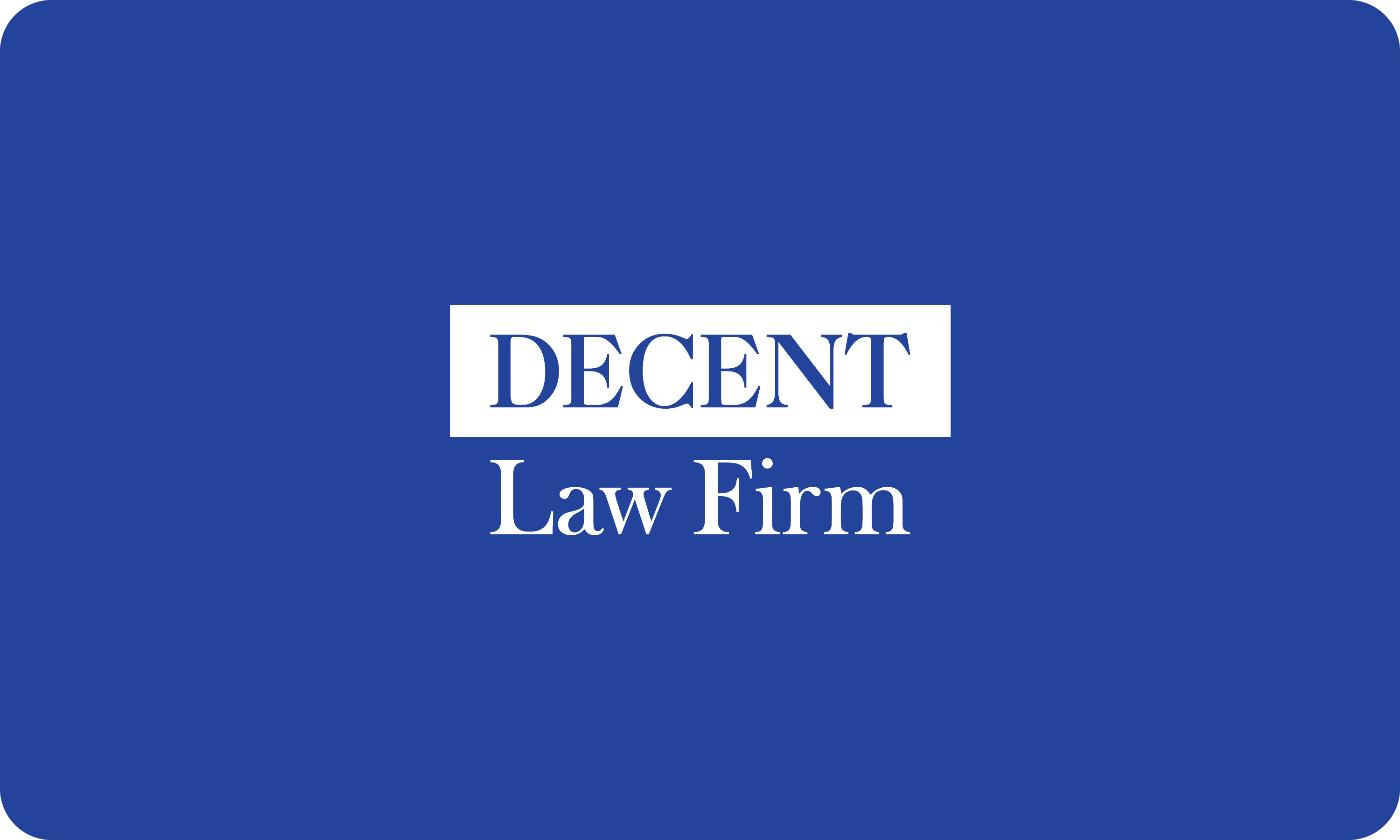-
 Media Coverage
Media CoverageIs the 'illegal listing' time bomb at cryptocurrency exchanges about to explode?
Following Coinone, it has been confirmed that employees of the domestic cryptocurrency exchange Bithumb are also under investigation by prosecutors for allegedly listing cryptocurrencies in exchange for bribes. Experts point out that in order to break the unfair listing practices in the cryptocurrency industry for monetary gain, institutional reforms and stricter penalties must be implemented. (omitted) Pureun “Ian” Hong, managing partner of Decent Law Firm, specializing in virtual assets, stated, "If an exchange lists coins not based on its own criteria but rather through illegal payments received by employees in charge of listings, charges such as breach of trust could apply. However, since the current punishment is lenient, if the Digital Asset Basic Act, which is currently being discussed in the National Assembly, is passed, stronger regulations will likely be necessary to address such issues."
2023-03-17 biz.chosun -
 Media Coverage
Media CoverageThe recipient of the bribe was not detained, but the giver was arrested, sparking controversy over fairness in the court's decision.
Coinone is currently under investigation by the prosecution for allegations of receiving kickbacks through a broker during the listing of PICA Coin on October 22, 2020. However, while the broker (charged with bribery) has been detained, it was revealed later that the former employee (charged with receiving bribes) was not detained, sparking controversy over fairness in the Southern District Court. (omitted) Pureun “Ian” Hong, a virtual asset specialist and managing partner at Decent Law Firm, stated, "The fact that the prosecution requested an arrest warrant shows their strong suspicion of the suspect’s involvement.' He further explained, 'It is unusual for the broker (bribery) to be detained while the former employee (receiving bribes), who faces a potentially higher sentence, is not." He added, "An arrest warrant must be issued by the court for the prosecution to conduct an arrest investigation, and with the warrant denied, the prosecution has no choice but to conduct a non-detention investigation. If the prosecution finds it absolutely necessary, they could reapply for the arrest warrant, but it's unclear whether they will do so at this point." Furthermore, he explained, "The decision to detain someone is not based solely on the charge. If the broker committed bribery in multiple places, indicating more severe wrongdoing, or if there is evidence of tampering or flight risk, then it's entirely possible that a different outcome could occur compared to the former employee, Jeon."
2023-03-09 NBN NEWS -
 Media Coverage
Media CoverageAttorney Pureun “Ian” Hong from Decent Law Firm: The existence of DAXA itself is contradictory.
During the 'NBNTV WEMIX Coinone Relisting Debate' held on the 24th, Pureun “Ian” Hong, managing partner of Decent Law Firm, stated, "DAXA was created due to a legal gap, but since there is no way to sanction member companies that do not follow decisions due to this legal void, the existence of DAXA itself can be seen as contradictory." When asked about his views on the notion that DAXA's self-regulation could be viewed as collusion, Hong explained, 'DAXA's defense regarding collusion is, “We are not a compulsory body. Even if we make decisions, each individual member exchange is not obligated to follow them. They make their own decisions by agreement, so it is not collusion.”' He further added, "Coinone's unilateral decision to relist essentially proves that point. Since DAXA’s member exchanges are not required to follow decisions, they really didn’t follow it. This contradiction arises because DAXA is a self-regulatory body, and unless a legal foundation is established, issues of communication breakdown and lack of consensus will continue to occur." Additionally, he commented, "If a new exchange enters the won market by obtaining a real-name account, it will become a competitor to the five major exchanges. While they may unite to oppose it, apart from Upbit, most of the exchanges are struggling due to the crypto winter. So, each exchange may make decisions based on its own interests." He concluded by saying, "I hope the government swiftly establishes relevant laws to help protect investors and promote a healthy market order."
2023-02-24 NBN NEWS -
 Media Coverage
Media CoverageRevenge for school violence like in the drama ‘The Glory’ leads to imprisonment in reality.
The Netflix drama 'The Glory,' which depicts a victim of school violence seeking brutal revenge on her bullies 18 years later, is creating a buzz. In the story, the victim, 'Dong-eun,' plans her revenge for over a decade and confronts her former tormentors, handing them a large bag and saying, 'If you don't fill this with money, I'll expose everything.' Some viewers, recalling their own experiences of school violence, have shared their desire for revenge on online communities or asked for advice on 'how to take revenge on school bullies.' However, in the real world, if a victim of school violence seeks 'private revenge' against bullies who escaped legal punishment, they could face imprisonment. Even if there is no direct assault, acts of threats or defamation could still lead to legal consequences. Experts advise against emotional responses and recommend that victims seek legal action by filing complaints with the evidence they collected at the time of the violence to ensure the bullies are held accountable within the legal framework. (omitted) In many cases, victims who were unable to take action at the time due to fear of further retaliation or indifference from adults later decide to seek an apology after time has passed. However, pursuing revenge out of emotion may lead to being sued for various charges. Pureun “Ian” Hong, an attorney at Decent Law Firm, stated, "Many people choose to expose their experiences of school violence online, but this could result in punishment for defamation through factual disclosure. While the victims may feel wronged, they should prioritize legal action such as filing a criminal complaint. If someone is currently experiencing school violence, they should collect evidence, such as CCTV footage or photos in cases of assault, or screenshots of social media messages or recordings in cases of threats. If that’s not possible, testimony from friends who witnessed the violence can also serve as effective evidence."
2023-02-24 biz.chosun -
 Media Coverage
Media CoverageIllegal cryptocurrency listings and price manipulation cases continue to be uncovered.
The cryptocurrency industry is facing challenges as recent cases of bribery related to cryptocurrency listings and organized price manipulation have come to light. According to the prosecution and the virtual asset industry on the 24th, the Seoul Southern District Prosecutor's Office, Financial Investigation Division 1 (Chief Prosecutor Lee Seung-hyung), is currently investigating and has arrested listing broker Mr. Ko on charges of bribery (embezzlement) for allegedly offering billions of won to Coinone, a domestic cryptocurrency exchange, in exchange for listing several domestically issued coins, including P Coin. (omitted) Pureun “Ian” Hong, managing partner at Decent Law Firm, stated, "Currently, financial institutions such as banks and securities firms are classified as financial companies under the Act on the Aggravated Punishment of Specific Economic Crimes, which subjects employees to harsher penalties if they receive money or valuables. It is necessary to include cryptocurrency exchanges in this category to impose stricter penalties."
2023-02-24 biz.chosun -
 Media Coverage
Media CoverageUnprecedented academic assessment score leak incident.
An unprecedented incident occurred where the scores of approximately 270,000 high school juniors who took the national academic assessment last year were leaked, prompting a police investigation. Experts have warned that even if someone did not personally hack and leak the data, they could still face punishment for transferring it to others. (omitted) Hyeonsu “Elliot” Jin, the managing partner of Decent Law Firm, explained, "According to Article 39 of the Personal Information Protection Act, if an information subject suffers damages due to the personal information processor’s violation of this law, the information subject can claim compensation for damages from the personal information processor." He added, "The students whose data was leaked, as the information subjects, can file a civil lawsuit for damages against the Gyeonggi Provincial Office of Education, the personal information processor, on the grounds of negligent management leading to the leak of personal information." (omitted) Hyeonsu “Elliot” Jin stated, "The initial distributor could be sentenced to up to three years in prison or fined up to 5 million won under Article 316(2) of the Criminal Code for breaching confidentiality, or face up to five years in prison or a fine of up to 10 million won for obstruction of official duties by deception."
2023-02-23 biz.chosun




